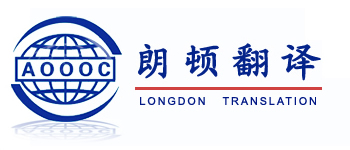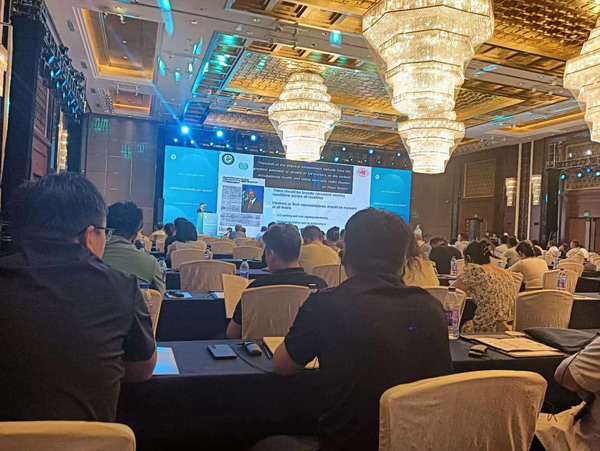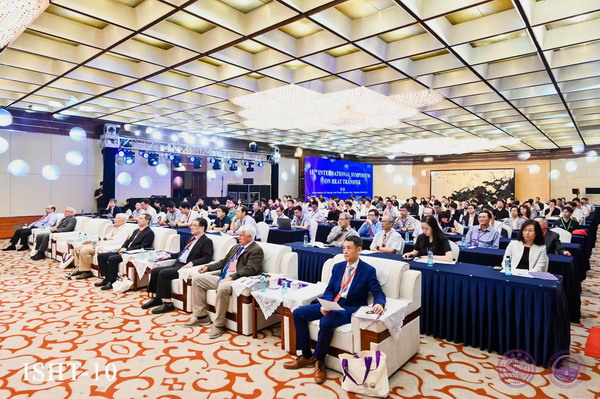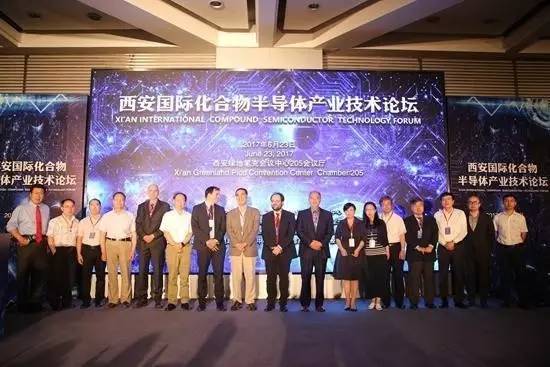Let us look at what lies ahead for the rest of 2017 in trade:
讓我們看看2017年余下時間有哪些貿(mào)易動向:
Trump’s trade war with China
特朗普與中國的貿(mào)易戰(zhàn)
This is the biggest question hanging over the global economy. And the biggest risk.
這是懸在全球經(jīng)濟(jì)頭頂?shù)淖畲髥栴},也是最大風(fēng)險。
After China hawk Steve Bannon’s exit there was a temptation to proclaim the death of the Trump White House’s economic nationalism. But that ignored the presence of Donald Trump, who is instinctually a protectionist. He wants “tariffs” rather than deals when it comes to China, as we’ve learned in recent days. He also sees cracking down on China as key to keeping his “America First” promise to his base.
在主張對華強硬的史蒂夫?班農(nóng)(Steve Bannon)出局之后,人們就忍不住想要宣布特朗普政府的經(jīng)濟(jì)民族主義已死。但這忽視了唐納德?特朗普(Donald Trump)是怎樣一個人——他是一個本能的保護(hù)主義者。正如我們近來所了解到的,對于中國,他更想要的是“關(guān)稅”而不是交易。他還認(rèn)為打擊中國是向其基礎(chǔ)選民履行他的“美國優(yōu)先”承諾的關(guān)鍵。
The only things in the way are his staff, Republicans in Congress and the limits of his power. And those are important. Campaign promises of 45 per cent tariffs on Chinese goods have turned into investigations into Beijing’s intellectual property regime.
他僅面臨這幾個障礙:他的手下、國會里的共和黨人以及總統(tǒng)行政權(quán)的限度。而這幾個障礙都非常有分量。他競選時聲稱要對中國貨物征收45%關(guān)稅的承諾,已經(jīng)變成對中國知識產(chǎn)權(quán)做法展開調(diào)查。
My bet is those forces — and America’s CEOs — will continue to temper the president’s trade tantrums in the short term. But there are lots of people baying for Chinese trade blood in Washington these days.
我打賭短期內(nèi)這些力量——以及美國的首席執(zhí)行官們——將繼續(xù)緩和總統(tǒng)在貿(mào)易上的火氣。不過眼下華盛頓有很多人叫囂著要在貿(mào)易上懲罰中國。
The Brexit trade uncertainty
英國脫歐帶來的貿(mào)易不確定性
The most striking thing about the UK’s looming exit from the EU is how few details we still know about what Brexit will bring. And that it has been more than a year since the referendum.
關(guān)于英國即將離開歐盟最引人注目的事情是,我們居然仍對脫歐具體會帶來什么后果知之甚少。全民公投可是一年多以前的事了。
Theresa May is still facing resistance from within her own party. Vince Cable, the Liberal Democrats’ sage and leader, still thinks Brexit may not really happen.
特里薩?梅(Theresa May)依然面臨著黨內(nèi)阻力。自由民主黨(Liberal Democrats)的智者兼領(lǐng)導(dǎo)人文斯?凱布爾(Vince Cable)依然認(rèn)為脫歐可能不會真的發(fā)生。
It seems safe to predict lots more noise and very little progress for the rest of 2017. And that will continue to be a damaging combination for business and the UK economy.
現(xiàn)在似乎可以放心地預(yù)言,2017年余下時間會出現(xiàn)更多噪音、甚少進(jìn)展,而這將繼續(xù)對貿(mào)易和英國經(jīng)濟(jì)造成破壞。
China’s bid to close its own Asia-Pac deal
中國力爭達(dá)成自己的亞太區(qū)協(xié)議
Beijing is pushing hard to conclude the Regional Comprehensive Economic Partnership by the end of the year. The deal has long been called China’s answer to the Trans-Pacific Partnership and its bid for regional trade hegemony.
北京正努力在年底前完成《區(qū)域全面經(jīng)濟(jì)伙伴關(guān)系協(xié)定》(Regional Comprehensive Economic Partnership,簡稱RCEP)。該協(xié)議長期以來被稱為中國面對《跨太平洋伙伴關(guān)系協(xié)定》(Trans-Pacific Partnership agreement,簡稱TPP)的對策,以及代表了中國爭取區(qū)域貿(mào)易霸權(quán)的努力。
Technically it is a project of the 10-member Association of Southeast Asian Nations to bring all of its trade deals in the region under one umbrella. It also lacks the ambition on many fronts of the TPP.
從技術(shù)上來說,這是東盟(ASEAN)十個成員國將本地區(qū)所有貿(mào)易協(xié)議納入一個整體框架的計劃。它也沒有TPP在許多方面的雄心。
But closing the deal on RCEP less than a year after Donald Trump pulled the US out of the TPP would be a big win for Beijing.
但對于北京來說,若能在特朗普讓美國退出TPP后不到一年的時間里達(dá)成RCEP協(xié)議,將是一場巨大的勝利。
Likewise, if the 11 countries led by Japan left in the TPP manage to salvage a deal following the US exit that could provide some balance in the region.
同樣地,如果TPP剩下的11國在美國退出后,能在日本的帶領(lǐng)下設(shè)法挽救該協(xié)議,可能為該地區(qū)帶來一些平衡。
The drama in Nafta
《北美自由貿(mào)易協(xié)定》(Nafta)的大戲
With the second round of (re)negotiations closing on Tuesday we have truly entered the technocratic phase of these trade talks.
在第二輪(重新)談判不久前結(jié)束后,我們真正進(jìn)入了貿(mào)易談判的技術(shù)官僚階段。
Still, the clock is ticking and President Trump is doing his best to add dramatic tension by threatening a withdrawal.
不過,時間不等人,特朗普總統(tǒng)也正通過威脅退出談判而極力增添一些戲劇性的緊張感。
I expect the real drama to come early in 2018. But this is Donald Trump’s trade world. We just live in it.
我預(yù)計真正的大戲?qū)⒃?018年初展開。但這是唐納德?特朗普的貿(mào)易世界。我們只有觀看的份兒。
Don’t cry for the WTO
不要為WTO哭泣
We began the year worried that the US was poised to withdraw from the World Trade Organisation. That hasn’t happened. And it’s now unlikely to any time soon.
今年伊始,我們曾擔(dān)心特朗普準(zhǔn)備退出世貿(mào)組織(WTO)。這種情況并未發(fā)生。如今這也不太可能在短時間內(nèi)發(fā)生。
But we are going to get a taste of the new world order when the WTO’s members gather for its biennial ministerial in Buenos Aires in December. It’s unclear, as always, if the WTO will be able to deliver anything of substance. But the real test lies in not having the US leading the way in discussions for the first time in the WTO’s life. Will China step in? The EU? And will India be as minded to block any deal as it has been in the past?
但是,當(dāng)今年12月WTO成員國聚集在布宜諾斯艾利斯召開兩年一度的部長級會議時,我們將一嘗世界新秩序的味道。一如既往的是,目前尚不清楚WTO此次能否產(chǎn)生一些實質(zhì)性內(nèi)容。但真正的考驗在于,WTO有史以來第一次不由美國牽頭討論。中國或歐盟會取而代之嗎?印度會像過去一樣一心阻撓任何協(xié)議嗎?
The EU’s Americas gambits
歐盟的美洲布局
The EU is making clear it wants to use the void in US leadership on trade to nail down new trade agreements. The negotiations with the Mercosur trade bloc in Latin America have been going on in fits and starts for more than a decade. But the EU and key Mercosur members like Argentina are now pushing to conclude a deal by the end of this year. That would be a big statement planted right in the US’s backyard.
歐盟正明確表現(xiàn)出,它希望利用美國在貿(mào)易上領(lǐng)導(dǎo)力的空缺來敲定新的貿(mào)易協(xié)議。歐盟在拉丁美洲與南方共同市場(Mercosur)的談判時斷時續(xù),已經(jīng)進(jìn)行了10多年。但歐盟和阿根廷等南方共同市場的關(guān)鍵成員國正推動在今年年底前達(dá)成一項協(xié)議。這將成為一項重要聲明,正好杵在美國的后院內(nèi)。
So too would be concluding the EU’s own (re)negotiation of its existing trade agreement with Mexico. And there is a good chance Brussels could beat Donald Trump to the finish line on a deal with Mexico.
歐盟完成與墨西哥現(xiàn)有貿(mào)易協(xié)議的(重新)談判也是如此。在與墨西哥簽訂協(xié)議上,布魯塞爾很可能比特朗普先沖過終點線。
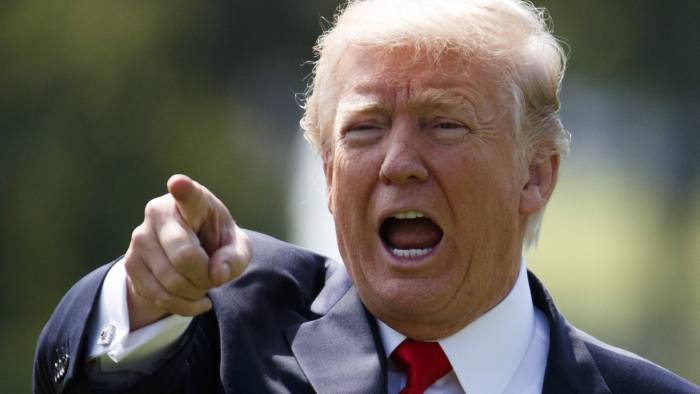
Potus v Korus
美國總統(tǒng)vs韓美自由貿(mào)易協(xié)定
Had the North Koreans not set off another nuclear test at the weekend the big story this weekon the Korean peninsula might have been the Trump administration’s odd timing inannouncing its plans to pull out of a trade deal with Seoul.
要不是朝鮮再次進(jìn)行核試驗,朝鮮半島眼下的大新聞可能就是特朗普選在這個節(jié)骨眼上宣布計劃退出韓美貿(mào)易協(xié)定了。
As inevitably happens with all things trade in this White House a vigorous debate haserupted over the future of Korus, as the pact is known in Washington. Among the biggestopponents within the administration are the Trump security team, which thinks breakingcommercial ties with an important ally in the middle of a geopolitical crisis is probably not agreat idea. US business doesn’t like the idea either. Both are likely to mean at least some short-term delays in Washington carrying out any threats. But then again the politics are also volatilein Seoul. Might the new government there exercise its own right to pull out?
正如這屆美國政府中一切與貿(mào)易有關(guān)的事項一樣,韓美貿(mào)易協(xié)定(Korus)的未來也不可避免地引發(fā)了激烈辯論。本屆政府內(nèi)部強烈反對退出該協(xié)議的是特朗普安全團(tuán)隊,他們認(rèn)為在一場地緣政治危機期間切斷與重要盟友的貿(mào)易紐帶很可能不是個好主意。美國企業(yè)也不支持退出。這兩股力量都可能意味著美國政府至少在短期內(nèi)不會發(fā)出任何威脅。但是話又說回來,首爾方面的政治局勢也不穩(wěn)定。韓國新政府是否可能行使自己退出協(xié)定的權(quán)利呢?
